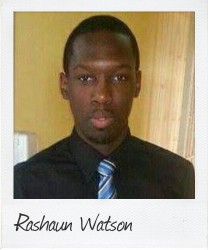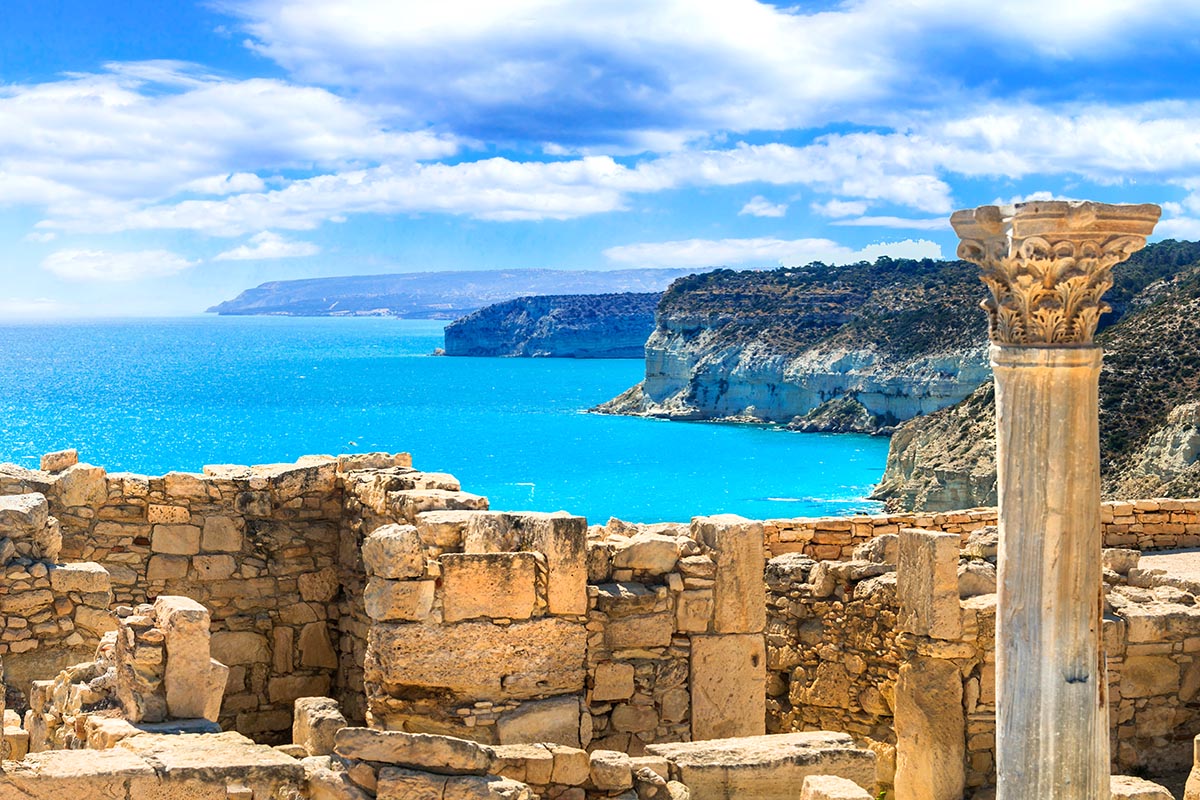“Are Jamaicans stumbling in the dark?
August 25th, 2015 The internet provides vast access to information, but as Rashaun Watson, 22, a Correspondent from Portmore in Jamaica writes, information can allow citizens to hold governments accountable.
The internet provides vast access to information, but as Rashaun Watson, 22, a Correspondent from Portmore in Jamaica writes, information can allow citizens to hold governments accountable.
It is without a doubt that we live in world where it is easy to access a vast amount of information, especially with the use of modern technologies. A simple Google search can offer answers to almost any question one might have, or provide information to complete that graded assignment.
This high level of accessibility has both advantages and disadvantages for our generation and future ones. From a personal point of view, what is most daunting is the mere fact that this greater accessibility is not translating into a more informed society. The reason behind this paradox intrigues me, and I have deduced that we are so bombarded with information there is an overload, and quite often we spend time searching for information that is not relevant or meaningful.
I will not pretend that I am always sieving through pertinent information, or I that haven’t fallen prey to reading celebrity gossip instead of demanding information on the plans of the Ministry of Land, Water, Environment and Climate Change to address the current drought situation. But I wonder, how many Jamaicans are demanding information from the ministries, other government agencies and the government? Being a responsible citizen means enquiring about information and ensuring there is transparency to hold the government which we have elected responsible for their actions.
In June 2002, the government passed The Access to Information Act, which came into effect on January 5, 2004. Under the Act, citizens have the legal right to see and get copies of official documents which would otherwise be inaccessible to the public. An individual may also ask for personal information to be changed if it is incomplete, misleading, out of date or incorrect. By recognising and upholding this right, the Act aims to reinforce fundamental democratic principles:
- improved, more transparent government
- greater accountability of the government to its people
- increased public influence and participation in national decision making; and informed knowledge of the functions of government
The Act therefore signals a ground-breaking departure from an age-old culture of secrecy surrounding government and its day to day activities. I have often heard the concept of “informed decision”, but it’s not until recently the meaning has become apparent. In making a decision, you must be exposed to all the pertinent information surrounding the issue and be able to think critically before arriving at a final decision.
In the Jamaican context we are making small strides in this regard, but much more work is to be done to create an informed society. In this information age it is quite worrying that many still vote for the party of their choice based on tradition. After the election fever has faded, are we fully aware of the roles and responsibilities of our political representative or the various ministries and how we can hold them accountable? Are we demanding their annual plans or reports?
Based on my observation, we complain and become vocal about our dissatisfactions regarding the current situation of our country, but are we not taking the time to inform ourselves on how to get more from our government. In 1992, for example, 178 governments including Jamaica adopted the Rio Declaration on Environment and Development, committed to making environmental decisions more transparent by empowering people to participate in decision-making. This means as citizens living in Jamaica we are allowed to express opinions, challenge decisions and shape policies that could affect our livelihoods, health and environment. In effect this gives us – the citizens – the power to help shape all matters pertaining to the environment. As a people we have more power than we realize, and until we become informed citizens, that potential we possess to make our leaders fully accountable will not be maximized. There is a wealth of knowledge that we as Jamaicans need to tap into if we want to see the desired changes and help our country move forward.
I stumbled on this quote by Atifete Jahjaga, the first female President of the Republic of Kosovo and it encapsulates the entire essence of this article. “Democracy must be built through open societies that share information. When there is information, there is enlightenment. When there is debate, there are solutions. When there is no sharing of power, no rule of law, no accountability, there is abuse, corruption, subjugation and indignation”.
Profound words, aren’t they? My fellow Jamaicans and youth across the Commonwealth, let us take the time to be informed – as within the right to know rests the power to change.
Photo: http://mrg.bz/2wYeGt
…………………………………………………………………………………………………………………
About me: I am a graduate of the University of the West Indies, Mona, where I attained my degree in International Relations.
My main areas of interests are the environment, youth empowerment and policy creation. I have started to actively contribute to these areas and am encouraging other youth to do likewise.
It is my desire to make a positive impact on my country and to be a force of change within the Caribbean and the rest of the world.
…………………………………………………………………………………………………………………
Opinions expressed in this article are those of the author and do not necessarily represent the views of the Commonwealth Youth Programme. Articles are published in a spirit of dialogue, respect and understanding. If you disagree, why not submit a response.
To learn more about becoming a Commonwealth Correspondent please visit: http://www.yourcommonwealth.org/submit-articles/commonwealthcorrespondents/
…………………………………………………………………………………………………………………




